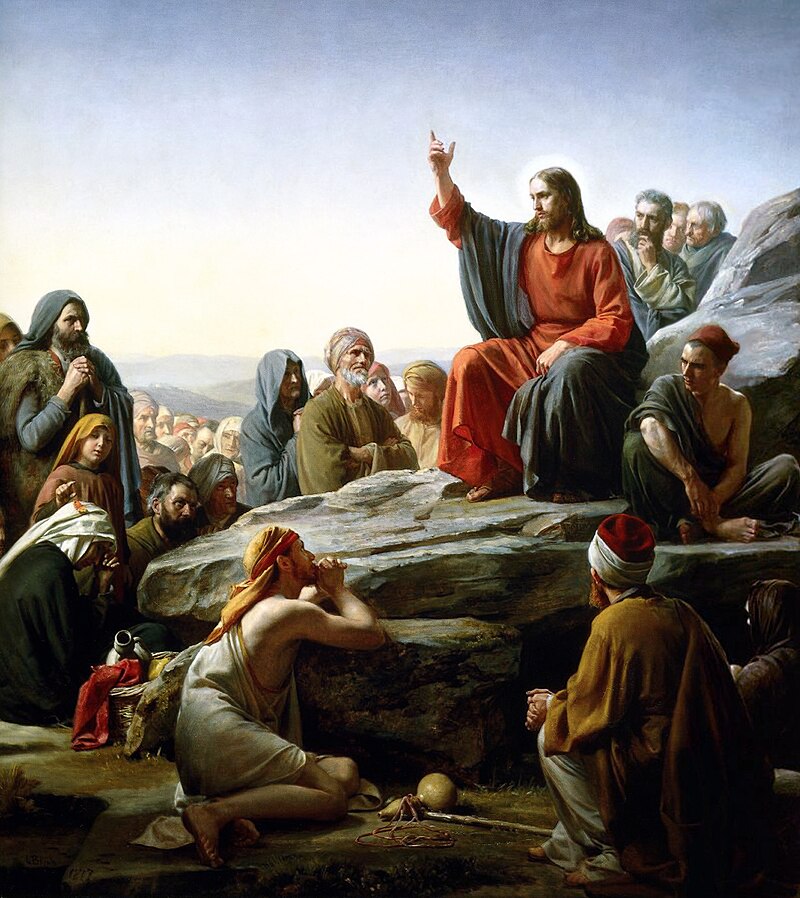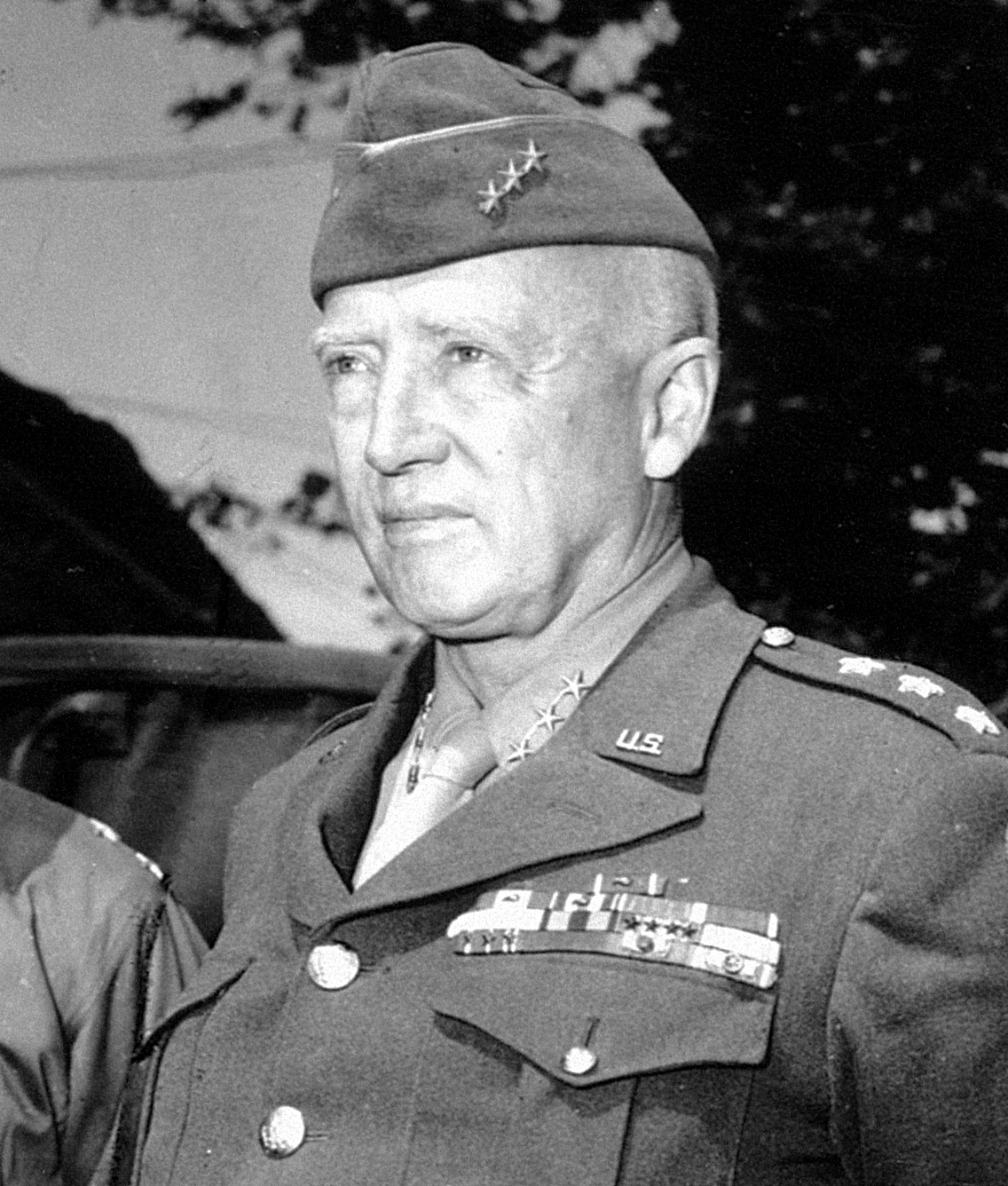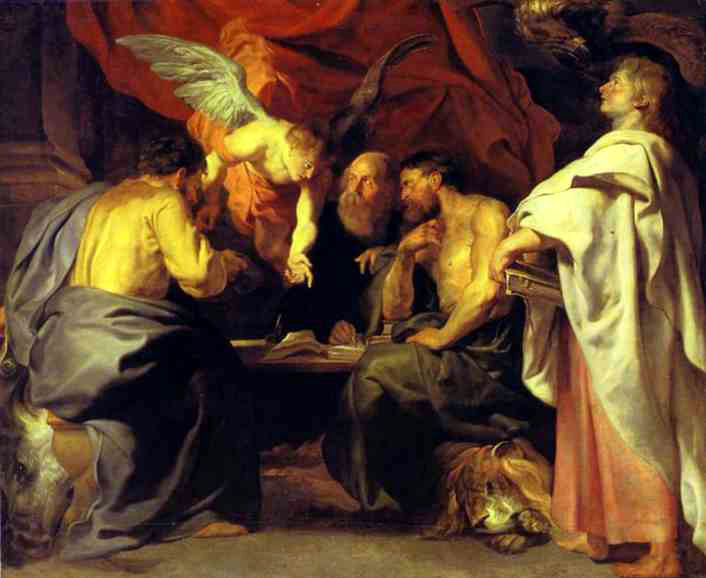
“Peter striking the High Priests‘ servant Malchus…”
As noted in On the readings for Advent Sunday, Sunday November 30 marked the end of 2014′s Season of Pentecost and started the new church-calendar year, most of which is in 2015. It also started a new cycle in the Daily Office readings. As noted in What’s a DOR, rather than flipping back and forth in your Bible to find the various readings for the day, you can buy a four-volume set with all the readings in one place, thus “eliminating much of the work involved.” If you use that four-volume set – as I do – then on Sunday November 30 you changed over from Year Two, Volume 2 to Year One, Volume 1. (Thus the “Y1V1” in the title of this post).
Note also that with the changeover to Year One, Volume 1, I began the markings in my Y1V1 book an eleventh trip through the Bible – that’s 11 times – as well as 33 to 40 times through the psalms and Gospels. (For what that’s worth, but at least it means “I’m familiar…”)
For the complete DORs for the week of November 30 to December 6 (in the New Revised Standard Version), see NRSV. For highlights from the DOR psalms from Wednesday November 26 to Tuesday December 2, see the successor post to On the Psalms up to November 30, now in the works. Here are some highlights from the DORs for November 30, which include Isaiah 1:1-9, 2d Peter 3:1-10, and Matthew 25:1-13 (all presented in the Good News Translation).
The readings from Isaiah 1:1-9 mark the start of this Old Testament book that is at once the one most often quoted in the New Testament – second only to the Psalms – and held in such high esteem in the development of the Christian church that it has been called “the Fifth Gospel.” See About the psalms, On the readings for Advent Sunday, and On the Psalms up to November 30. (As you can see, this blog quotes Isaiah a lot as well.)
Isaiah 1:1 begins, “This book contains the messages about Judah and Jerusalem which God revealed to Isaiah son of Amoz during the time when Uzziah, Jotham, Ahaz, and Hezekiah were kings of Judah.” (The GNT wrap-up for the passage: “God Reprimands His People.”) The prophet has God calling “earth and sky” as witness against His Chosen People, a people which has fallen short. (And according to Isaac Asimov, the time of this “falling short” was between 780 and 692 B.C., that is, between the reigns of kings Uzziah and Hezekiah.)
Isaiah began by saying the nation of Israel was doomed and dragged down by its sins, then compared Jerusalem to two other corrupt cities: “Jerusalem alone is left, a city under siege[, and i]f the Lord Almighty had not let some of the people survive, Jerusalem would have been totally destroyed, just as Sodom and Gomorrah were.”
Thus the 66 chapters of Isaiah begin on a gloomy note, but as the International Bible Commentary summarized (at page 718), the book as a whole offers hope:
If chs. [chapters] 1-39 above all invite readers to subject themselves to rigorous critical self-examination, and chs. 40-55 above all challenge readers to make a ready response to the summons of God, chs. 56-66 offer modes of thought and patterns of behavior appropriate to every age as the people of God move, however slowly, towards the fulfillment of His purpose and their destiny. [E.A.]
The Good News Translation (GNT) summary of 2d Peter 3:1-10 reads: “The Promise of the Lord’s Coming.” And in response to criticism that God moves way too slowly for some people, Peter answered (in verse 9), “The Lord is not slow to do what he has promised, as some think. Instead, he is patient with you, because he does not want anyone to be destroyed, but wants all to turn away from their sins.” (Emphasis added.)
(But as shown in the painting above, Peter himself wasn’t always so patient. See Malchus – Wikipedia, the free encyclopedia: “The story is related in all four gospels, in Matthew 26:51, Mark 14:47, and Luke 22:50-51, and John 18:10–11, but the servant and the disciple are named only in John. Also, Luke is the only gospel that says Jesus healed the ear.” See also John 18:26, “One of the high priest’s servants, a relative of the man whose ear Peter had cut off, challenged him, ‘Didn’t I see you with [Jesus] in the garden?'” This was the time when Peter denied knowing Jesus, and probably presents some sort of object lesson…)
And finally, in Matthew 25:1-13, Jesus tells the Parable of the Ten Virgins – Wikipedia, the free encyclopedia, which begins, “the Kingdom of heaven will be like this. Once there were ten young women who took their oil lamps and went out to meet the bridegroom. Five of them were foolish, and the other five were wise…”
As Wikipedia noted, “The parable has a clear eschatological theme: be prepared for the Day of Judgment.” Wikipedia further noted that the parable neither praised “virginity” nor criticized any of the young women for sleeping, “since both groups do that.” Indeed one interpretation said the parable was “a warning addressed specifically to those inside the professing church who are not to assume that their future is unconditionally assured.” (Emphasis added.)
On that note see On Ecclesiasticus (NOT “Ecclesiastes”), which quoted Ecclesiasticus 5:5 – “Do not be so sure of forgiveness that you add sin to sin” – and also cited “On holier than thou”.
The upper image is courtesy of Saint Peter – Wikipedia, with the caption, “Apostle Peter striking the High Priests‘ servant Malchus with a sword in the Garden of Gethsemane.” The work is by
Re: “according to Isaac Asimov.” See Asimov’s Guide to the Bible (Two Volumes in One), Avenel Books (1981), at page 526, as to the time of Isaiah’s ministry. See also page 527, as to Isaiah’s being an “unusual” prophet, in that he came from the upper classes, not “from the poor, since the prophets [as a rule] were spokesmen of protest.” On this page Asimov also noted the general tendency of the Established Priesthood to focus on the “minitiae of ritual,” as an easier-to-follow way of “gaining God’s favor,” rather than the more appropriate focus on “a high ethical code of behavior.”
As to an object lesson, that is defined as an “example from real life that typifies/explains a principle or teaches a lesson,” or “Anything used as an example or lesson which serves to warn others as to the outcomes that result from a particular action or behavior, as exemplified by the fates of those who followed that course.” See object lesson – Wiktionary.
The lower image is courtesy of Parable of the Ten Virgins (supra), with the caption, “Friedrich Wilhelm Schadow, The Parable of the Wise and Foolish Virgins, 1838–1842 (detail), Städel Museum, Frankfurt am Main.“


 See
See  The readings for Advent Sunday – in my church – are Isaiah 64:1-9; Psalm 80:1-7, 16-18; 1st Corinthians 1:3-9; and Mark 13:24-37. For more on Psalm 80 see
The readings for Advent Sunday – in my church – are Isaiah 64:1-9; Psalm 80:1-7, 16-18; 1st Corinthians 1:3-9; and Mark 13:24-37. For more on Psalm 80 see 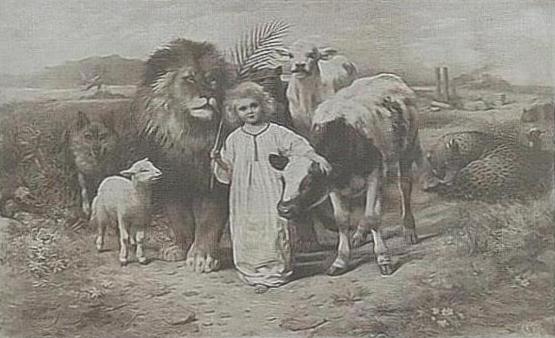

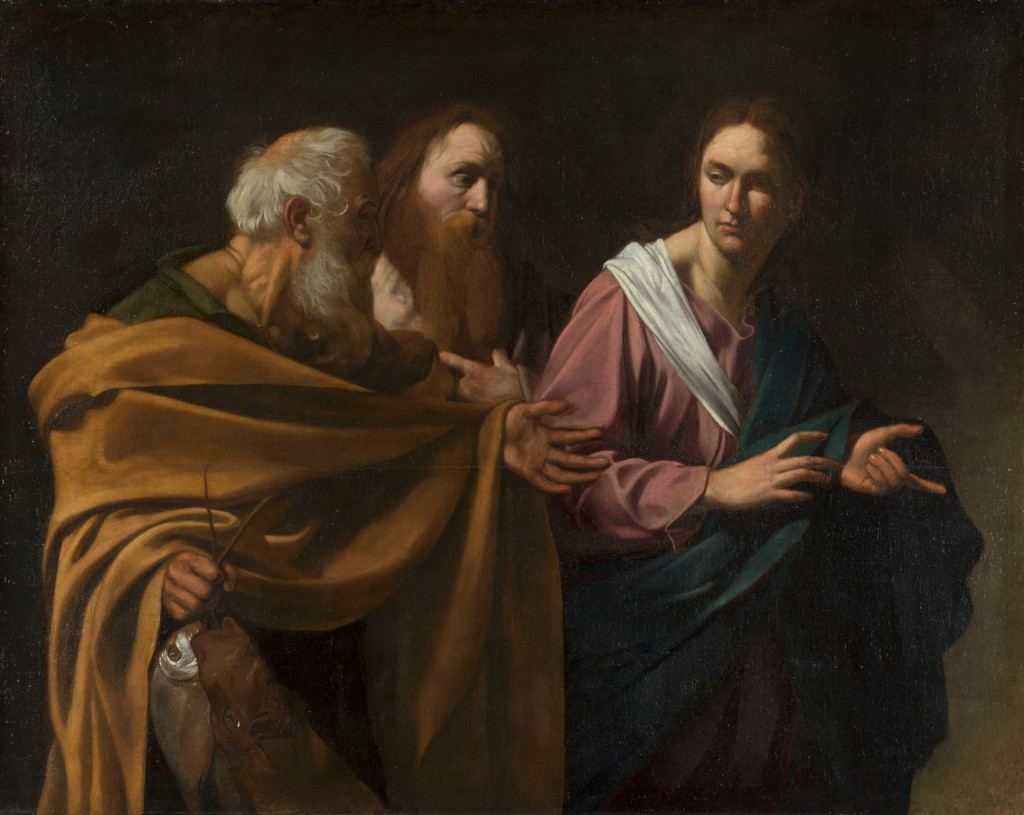


 Since then I – The Scribe – have been on a pilgrimage of my own. My brother and I took eight days to canoe out to some offshore islands in the Gulf of Mexico. Those islands – 10 or 12 miles offshore – included Half-moon Island, Cat Island and the
Since then I – The Scribe – have been on a pilgrimage of my own. My brother and I took eight days to canoe out to some offshore islands in the Gulf of Mexico. Those islands – 10 or 12 miles offshore – included Half-moon Island, Cat Island and the  Other sites include
Other sites include  So the theme here – in case I’m being too subtle – is one of “coming home in general.”
So the theme here – in case I’m being too subtle – is one of “coming home in general.” Note also that in medieval times, 12th Night marked the end of a winter festival that started on
Note also that in medieval times, 12th Night marked the end of a winter festival that started on  “Plough Monday,” which ends the full Season of Christmas, on January 6…
“Plough Monday,” which ends the full Season of Christmas, on January 6…
 * * * *
* * * *
 (Image courtesy of
(Image courtesy of 
